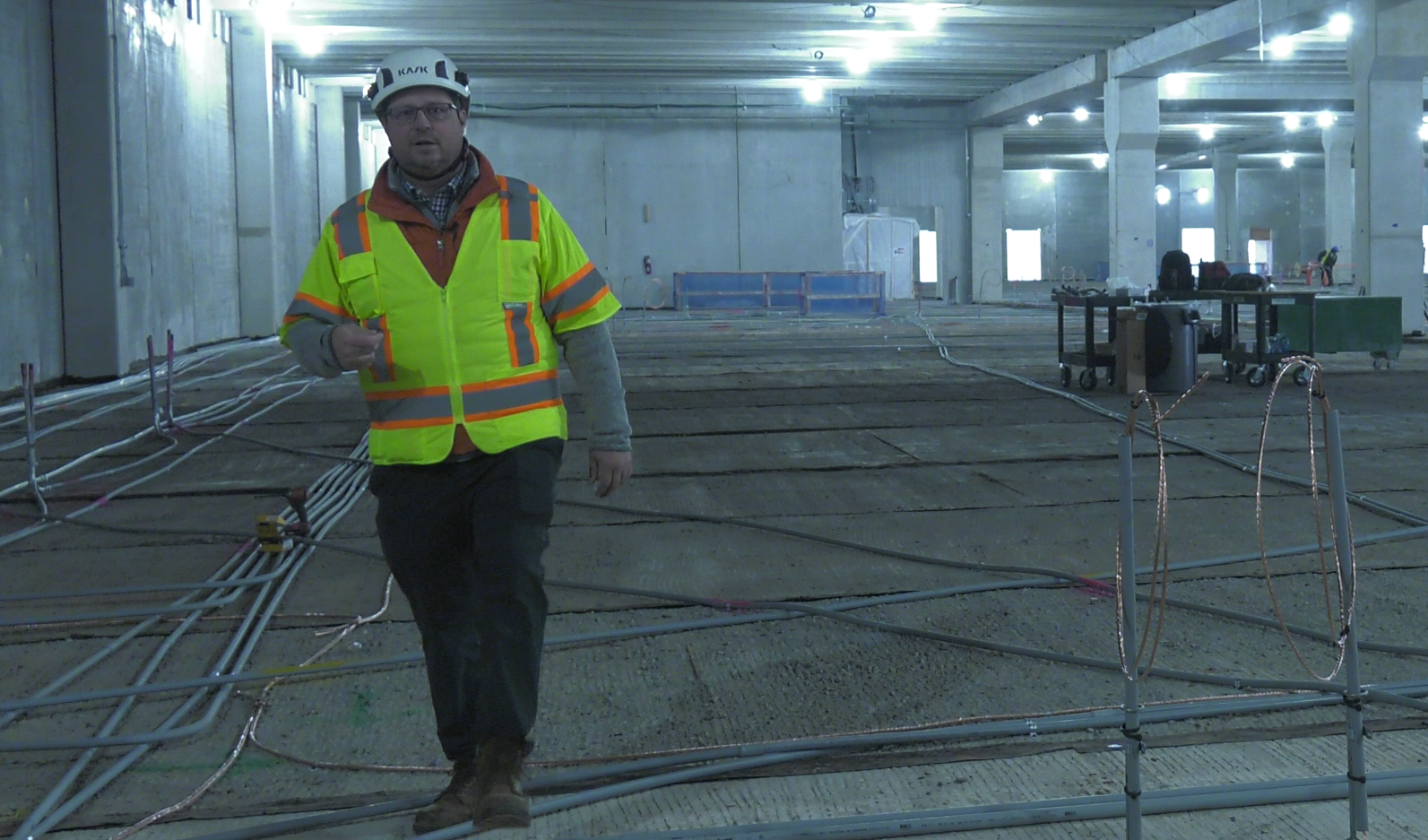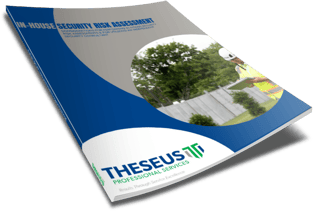2 min read
Benefits of Partnering with a Safety and Security Subject Matter Expert (SME)
![]() Theseus Team
:
Dec 26, 2023 4:18:42 PM
Theseus Team
:
Dec 26, 2023 4:18:42 PM

Engaging a security subject matter expert (SME) early in the design phase of a building construction project is a proactive measure that enhances safety and security, ensures compliance, saves money, and contributes to the project's overall success by integrating security considerations seamlessly into the design and operation of the facility from Day 1. In this short video, Eric Moreau takes us behind the scenes at the early construction phase of a project he's working on...
Let's look at the top benefits of early engagement with a security and safety SME:
Risk Identification and Mitigation: An SME plays a crucial role in identifying potential security risks right from the start. By thoroughly understanding the specific threats associated with the project's location, design, and function, they can propose effective measures to mitigate these risks. This is especially important if the SME specializes in vertical markets such as data centers and healthcare facilities, like Theseus Professional Services. Identifying these risks early on not only helps avoid expensive changes later but also ensures a more safe and secure outcome for the project.
Cost-effective Solutions: Involving an SME in the design process at an early stage allows for the seamless integration of security measures right from the beginning. This approach is often more cost-effective compared to retrofitting security features after construction. SMEs can offer valuable insights into the most efficient and effective security technologies and design strategies to incorporate, ultimately saving money in the long run.
Design Integration: A security SME can collaborate closely with architects and engineers to ensure the smooth integration of security measures into the overall design. They strive to maintain the aesthetic and functional aspects while enhancing safety and security. This integrated approach can even lead to innovative design solutions that improve both security and usability.
Stakeholder Confidence: The presence of an expert SME instills confidence in stakeholders, including investors, clients, and future users. It assures them that the project places a high priority on safety and security, creating a sense of trust and reassurance.
Future-proofing: Security technology and threats are constantly evolving, and an SME can provide a design that not only addresses current security needs but also allows for easy updates and adaptations as new threats emerge and technology advances. This ensures that the project remains secure and protected in the face of evolving challenges.
Early Vendor Engagement: Leveraging their industry knowledge, SMEs can assist in the early selection of reliable vendors and security technology providers. This helps to ensure the procurement of high-quality products and services right from the start, setting a strong foundation for the project's security implementation.
Contact Theseus to discuss early engagement in your next construction project >>
DOWNLOAD OUR FREE IN-HOUSE SECURITY RISK ASSESSMENT CONSIDERATIONS GUIDE
 Security professionals are constantly looking for innovative ways to secure their facility and provide a safe environment within their budget. And, they are also constantly looking for resources to help them achieve that mission while expert advice is hard to come by.
Security professionals are constantly looking for innovative ways to secure their facility and provide a safe environment within their budget. And, they are also constantly looking for resources to help them achieve that mission while expert advice is hard to come by.
Fortunately, we have released a considerations guide that will help security professionals perform their own in-house security risk assessment.
What's Inside?
This guide is intended to assist you with performing an in-house physical security risk assessment. In many cases, assistance from a third-party expert, like Theseus Professional Services, is required.
Identification of missing or inadequate physical security measures that safeguard assets (people, property, and information) and critical business functions is of paramount importance. The findings of a security risk assessment are used to measure and communicate the level of risk to the organization.
- Process Evaluation
- Threats
- Vulnerability Assessment Highlights
- Electronic Security Systems Considerations
- Site Considerations
- Building Entrances and Exits
- Common Functional Areas
- Building Envelope
- Utilities and Building Services
- Building Systems




